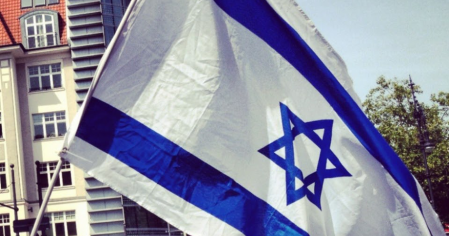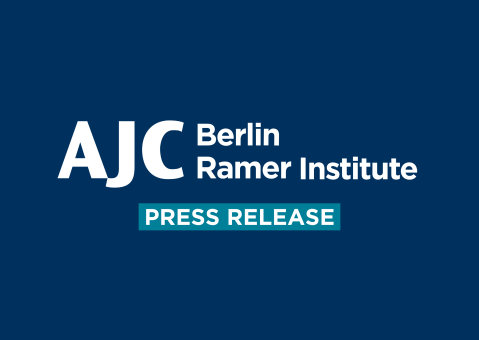Share on
The future of the State of Israel can only be determined by its own people. Those who only take notice of very critical Israeli positions ignore the lively and broad spectrum of debate within the country on its future. In these discussions, statements by critics of Israeli society, such as those of former politician Avraham Burg, are nothing out of the ordinary: This type of criticism is an expression of a democratic culture of debate – one that is unique in the region. Open discourse such as this is a hallmark of Israel, which is still the only democracy in the Middle East. While economic problems, educational inequality, discrimination and other forms of injustice do exist in Israel – just like in this country – what is truly impressive is the diversity and peaceful coexistence of vastly different ethnic and cultural groups in Israel. Those who talk about Israeli society and overlook the country’s integrative power ignore the multi-facetted reality of the country. Members of the Arab minority represent the State of Israel as senior diplomats and work in the Supreme Court. According to recent polls, Palestinians living in East Jerusalem would be more likely to choose Israeli citizenship than Palestinian. While none of this alters the fact that improving the position of minorities is a challenge for Israel – as it is for Germany and the United States – significant progress has been made in this area over the last few decades, which, in Israel’s case, often goes unnoticed by the German public.
Even today, knowledge of the complex realities of Israeli society remains rather limited in Germany. Israel often retains a negative image. Researchers at the Georg Eckart-Institute for the Study of Schoolbooks in Braunschweig recently published preliminary results of a study on the representation of Israel in German schoolbooks. They found a high number of negative representations. But such a perception is not limited to schoolbooks. We know from opinion polls that comparisons between policies of the Nazi regime and those of the State of Israel are widely used, even though there can be no doubt that such comparisons trivialize the Nazi atrocities. The claim that Israel represents the biggest threat to world peace is also widely supported. Statements such as these do not contribute in any way to reconciliation or peace in the region. On the contrary, they are the unfiltered extension of old anti-Semitic stereotypes. Such demonizing has nothing to do with legitimate criticism of Israeli policies.
It would be a great contribution to efforts towards peace in the region to take a firm stand in the face of propaganda and agitation against Israel. It would be a great contribution to such efforts to firmly stand against any attempts to delegitimize the existence of a UN member state. The terror coming from Hamas in the Gaza strip and a Hezbollah under Iranian control continues to be a threat to the security of the State of Israel. In a situation like this, Israel needs Germany to be an understanding partner for the country’s position as the only democracy in a region where oppression, despotism and authoritarian regimes are the norm. Israel shares Germany’s commitment to values such as freedom, democracy and human rights. The open discourse within Israeli society is a clear sign that these values are deeply entrenched in the country’s social fabric. This is one of the reasons why close relations with the State of Israel remain one of the pillars of German foreign policy. A positive contribution to a peaceful future in the Middle East can only be made on the basis of this kind of common ground between Germany and Israel.
This article originally appeared in the Tagesspiegel.



